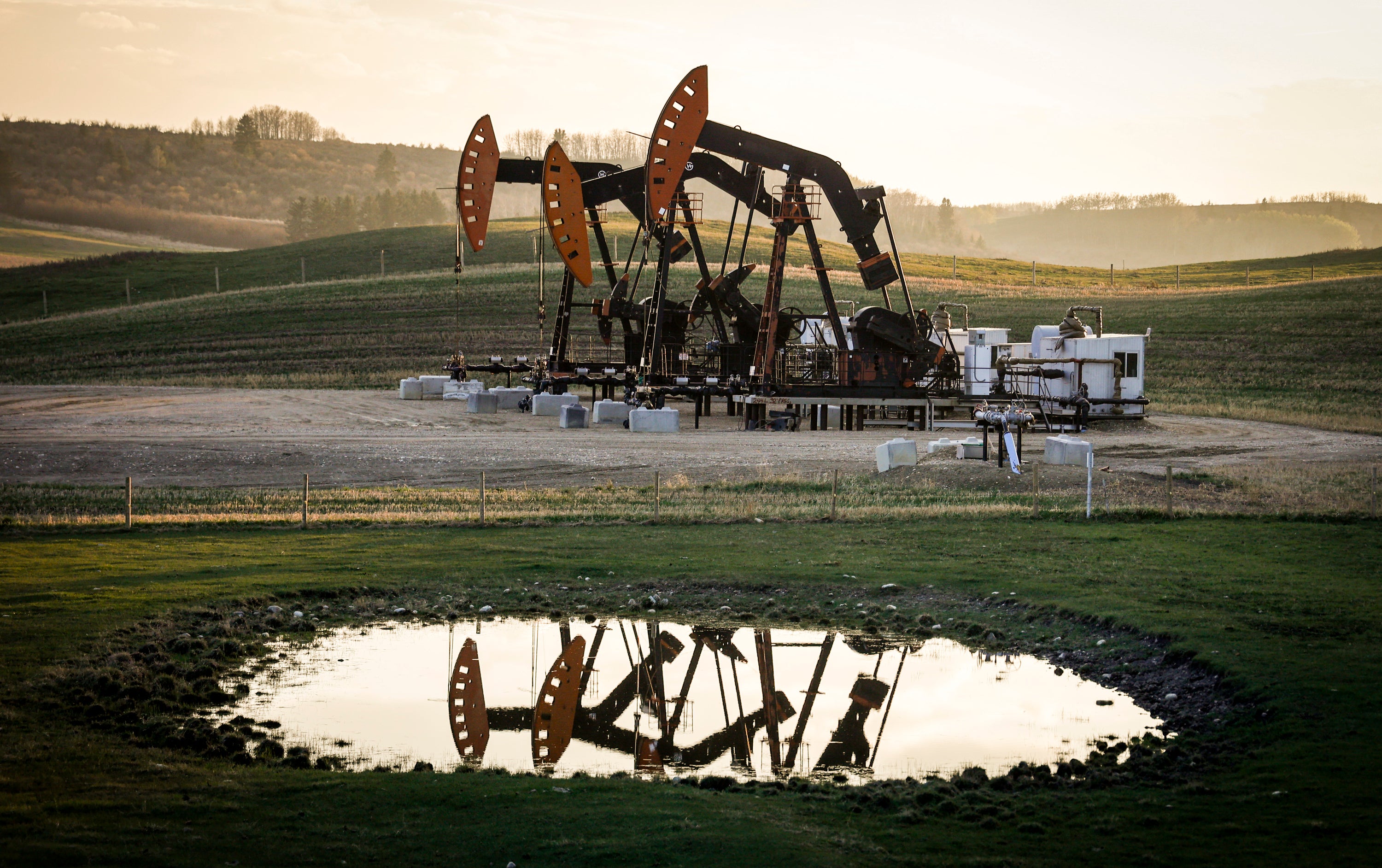Tariff threats cast a shadow over US reliance on Canada for the majority of its oil imports
The U.S. increasingly relies on Canadian crude oil to meet domestic demand and that relationship faces potential strain amid tariff threats

The U.S. increasingly relies on Canadian crude oil to meet domestic demand and that relationship faces potential strain amid the threat of tariffs from President-elect Donald Trump.
More than 50% of crude oil imported to the U.S. comes from Canada, up from 33% in 2013. The increase follows a jump in production from Canada’s western provinces and growing pipeline capacity to its southern neighbor. Another roughly 10% of imports come from Mexico.
Trump has threatened blanket tariffs of up to 25% on products from both Canada and Mexico. That has raised concerns about higher energy costs trickling through the entire U.S. economy, making gasoline and other petroleum products more expensive and reigniting inflation.
“All three countries remain heavily reliant on each other economically, and hefty taxes on key U.S. imports like crude oil or softwood lumber risk exacerbating U.S. consumer inflation,” said a report led by Solita Marcelli, chief investment officer of the Americas for UBS Financial Services.
Canadian officials say they’re studying how they would respond if Trump follows through on his threat. The leader of Ontario, Canada's most populous province, has suggested barring imports of American-made alcohol and restricting energy exports. But the head of oil-rich Alberta has ruled out cutting off oil exports and hopes to find a solution.
Canada, with its proximity to the U.S., is also the nation’s biggest trading partner. Nearly all of Canada’s oil is exported to the U.S.
Canadian oil makes up the majority of overall oil imports in the U.S., despite the nation’s own oil boom over the last decade. That boom has made the U.S. the world's biggest producer of crude oil and a net exporter. But a mix of chemistry and infrastructure, along with geography and prices, means the U.S. still has to import a significant amount of oil to meet demand.
The U.S. produces mostly light, sweet crude, which is easier to refine than heavier crude oil, like the kind that Canada mostly produces. But refining infrastructure in the U.S. is geared toward heavier crude oil because of a history of having to import that type. Heavier crude is less expensive to purchase because it is tougher to refine.
Oil prices have been mostly stable throughout 2024 and the OPEC cartel has been limiting production amid weaker global demand. Energy commodities have been broadly falling throughout the year, helping to ease the rate of inflation.
Fuel oil costs eased 19.5% in November from a year prior, contributing to an overall decline in energy commodity costs of 8.5%, according to the U.S. government' latest report on consumer prices. Gasoline prices have also fallen from a year ago.
Tariffs on energy would likely trickle down to consumers through products made from the refining of oil. The most obvious impact would likely be at the gas pump and higher gasoline prices tend to fuel broader inflation.
.
Bookmark popover
Removed from bookmarks